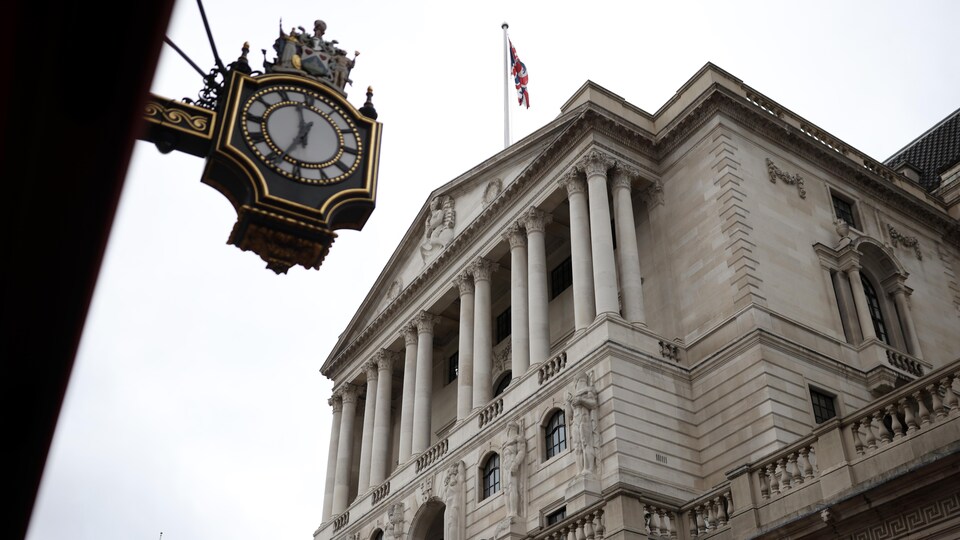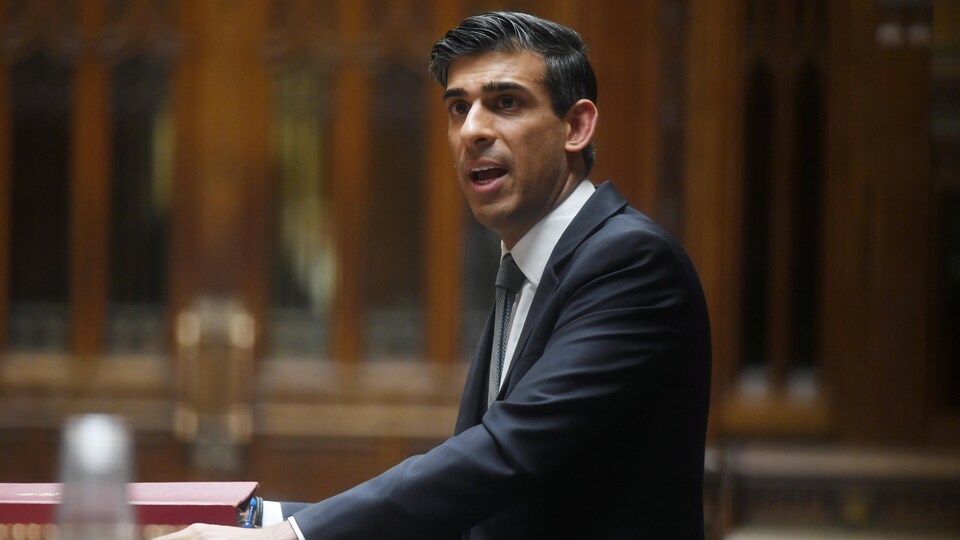Inflation jumped to 9% in April for 12 months in the UK, a 40-year high, mainly due to energy, highlighting the crisis in the cost of living and pressure on Downing Street to act.
This is a very strong monthly surge compared to March (7%), according to the monthly report published Wednesday by the National Statistics Office (ONS).
Prices in April were raised by the sudden increase in the price of electricity and gas due to the rising price cap, commented Grant Fitzner, economist ofNSO.
Steep year-over-year increases in the value of metals, chemicals and crude also continuedraising former factory prices, he added.
Finance Minister Rishi Sunak argued in a statement that countries around the world are facing rising inflation and April in the UK came from energy, boosted by prices in world markets.
On Monday, the Governor of the Bank of England (BoE) described the situation asapocalyptic for food prices. Andrew Bailey also warned that inflation, which has exceeded 10% this year in the United Kingdom, could rise further if Ukraine, a major producer of wheat in particular, fails to export its crops.
Rising energy prices are at the heart of the problem
Those responsible for BoE estimate that 80% of UK inflation is due to rising energy prices, fueled by Russia’s invasion of Ukraine.
The remaining 20% can be explained in particular by a very tight labor market in the United Kingdom, particularly in the wake of Brexit.
The United Kingdom is particularly dependent on gas in its energy mix, and is therefore vulnerable to rising world hydrocarbon prices, compared to other countries such as France, which draws its electricity mainly from nuclear power.
EU governments also protect households from rising better than the British government, said Paul Dales, of research institute Capital Economics, who was interviewed byAFP.
We can no longer wait for this government to act, out of touch with realityslammed the head of finance for the opposition Labor party, Rachel Reeves, who said her party would try to pass a emergency budget.
” Everything is depressing, there must be a beneficiary here, most likely in large corporations, why don’t they reduce. [les prix]? Or the government? “
There are growing critics against government action seen as inadequate in the face of the lifestyle crisis, as millions of Britons now have to restrict their diets or their energy consumption.
Minister Rishi Sunak is expected to release the plan on Wednesday to help with the cost of living, stimulate growth and invest in capital at the annual dinner of the CBI, Britain’s leading employers ’organization.
Promised to help the people
In a statement outlining his speech at the CBI gala, the Minister promised tax cuts to the company’s budget in the fall and details of steps already taken, including £ 22 billion in direct support (over 35 billion Canadian dollars) between gas tax deductions, local tax deductions, or credits for heating charges.
He added that a reduction in energy charges of an additional 200 pounds (CA $ 320) would take effect in October and an increase in the exemption limit from social charges over the next few weeks. He said he was willing to do more.
Most of his critics, however, are calling for an extraordinary tax on the revenues of the oil and gas giants, which have largely benefited from rising hydrocarbon prices, which Prime Minister Boris Johnson apparently re -issued on Wednesday. .
Oil companies plan to invest 70 billion pounds (over 112 billion Canadian dollars) in the economy in the coming years and are already taxing them 40%justified by Boris Johnson.
Tuesday, theNSO unveiled the British unemployment rate at its lowest since 1974 at 3.7%, but pointed out that inflation was eating away at real wages.
The rise in prices should bring BoE further raise its policy rate, which is currently at 1%, which should weigh on growth.
Activity fell in March and the BoE projects for next year of a recession of the British economy, which should find itself behind the G7.
Source: Radio-Canada

